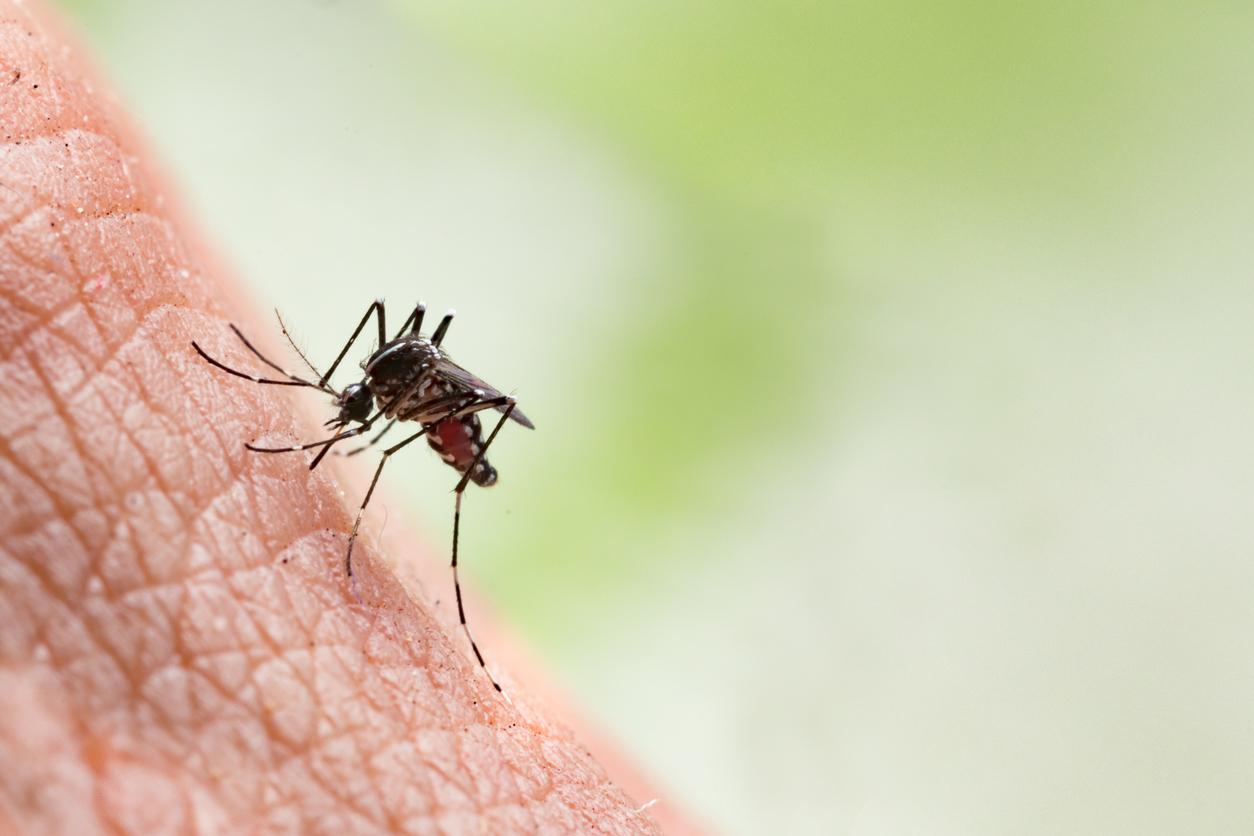Since the start of the pandemic, outdoor activities have increased significantly, especially among women. A good thing for our health.

- The Covid-19 pandemic is making people want to go green, especially women.
- Being immersed in nature is good for your health, especially because it reduces stress.
Covid-19 and its successive confinements make you want to go green, especially for women, according to a new study. A good thing for our health, since numerous scientific data show that spending time in contact with plants and trees clearly reduces stress and its multiple harmful impacts on the body (digestive diseases, cardiovascular disorders, infections, hyperthyroidism, muscular problems or gynecological, burn-out, depression, etc.).
More gardening, photography, walking…
Since the start of the pandemic, outdoor activities have increased significantly. The most successful are: taking pictures in nature (54%), gardening (57%), observing fauna and flora (+64%) and walking with a mask (70%). %).
People have also noticed a change in their relationship to nature, now associating it with better mental health or well-being (59%), exercise (29%), beauty (29%), feeling find oneself (23%) and finally spirituality (22%).
Another lesson: women turn to nature more than men. Since the start of the health crisis, they are 1.7 times more likely to garden than men, and 2.9 times more likely to walk in the forest or other green spaces. The same trend was observed among people who lost their jobs due to Covid-19. “These data demonstrate that major upheavals make people think about their relationship with the world,” said Rachelle Gould, from the University of Vermont (USA), director of the study.
Immersion in nature is good for your health
According to another research dated 2019, it is not necessary to escape for several days in the middle of the countryside to benefit from the benefits of nature, which lowers our level of cortisol (the stress hormone, NDRL). Twenty minutes in a city park is enough to reduce our stress level.
Beyond stress, Shinrin-yoku (which literally means “forest bathing”), an ancestral Japanese practice that consists of spending time in the forest to take care of one’s health, is also associated by Japanese doctors with a decrease lung, heart or mental illnesses. Since 2018, more than fifty forest routes have been marked for this purpose in Japan, in combination with medical checkpoints, under the supervision of the University of Chiba and the Nippon Medical School in Tokyo.

.
















